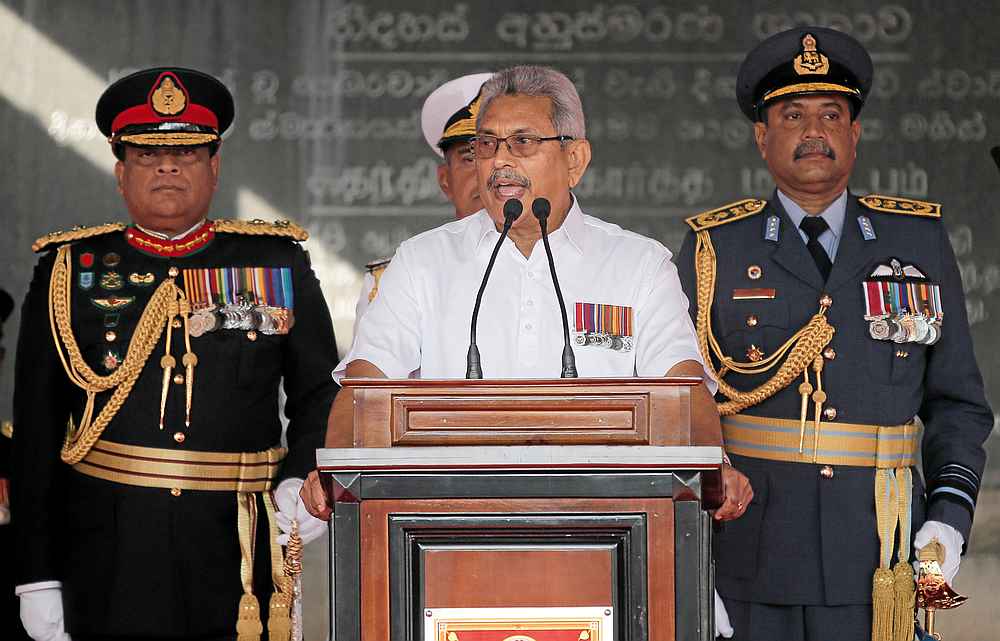Colombo, Sri Lanka – The President of Sri Lanka has ordered the termination of the Japanese funded light rail project worth USD 1.5 billion.
The deal signed under the previous government, which is the largest single foreign-funded infrastructure project in Sri Lanka, and seen as a sign of the island nation reducing its dependence on China, was terminated by the country claiming that it is not a “cost-effective solution” for the congested capital, Colombo.
President Gotabaya Rajapaksa, who was elected in 2019 is reported to have notified the Transport Minister of the country to “terminate this project and close the project office with immediate effect”, top aide P.B. Jayasundara has said in a letter to the Ministry.
Japan International Cooperation Agency (JICA) has not commented on the matter yet, which, in March last year had loaned ¥30 billion to finance the first phase of the Light Rail Transit (LRT).
The rail system, which included 16 stations over 15.7 kilometers, was planned to have used Japanese technology, including rolling stock. Detailed planning and land acquisition for the project in Colombo had already been completed and initial construction was under way when the project was ordered to be terminated.
The Japanese loan carries an interest rate of 0.1 per cent and is repayable over 40 years with a 12-year grace period. Japan has already funded sections of new expressways and a key bridge to reduce traffic congestion in and out of the capital.
Under former president Mahinda Rajapaksa — the incumbent’s brother — Sri Lanka borrowed billions of dollars from China for projects including ports, highways and railways.
However, unable to service its loans, the then government of prime minister Ranil Wickremesinghe leased a Chinese-built port at Hambantota in the island’s south to a Beijing company for US$1.12 billion in 201
Source: MalayMail





